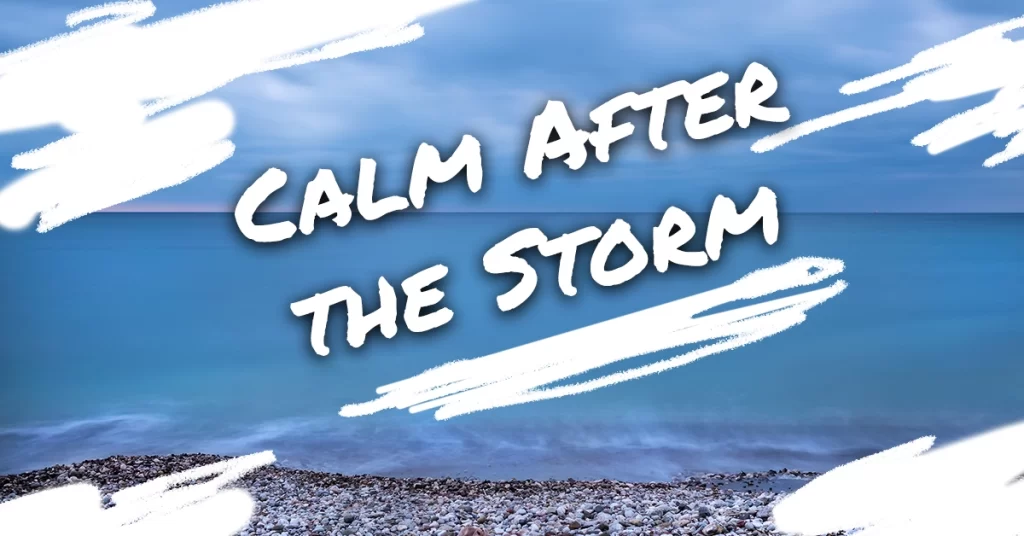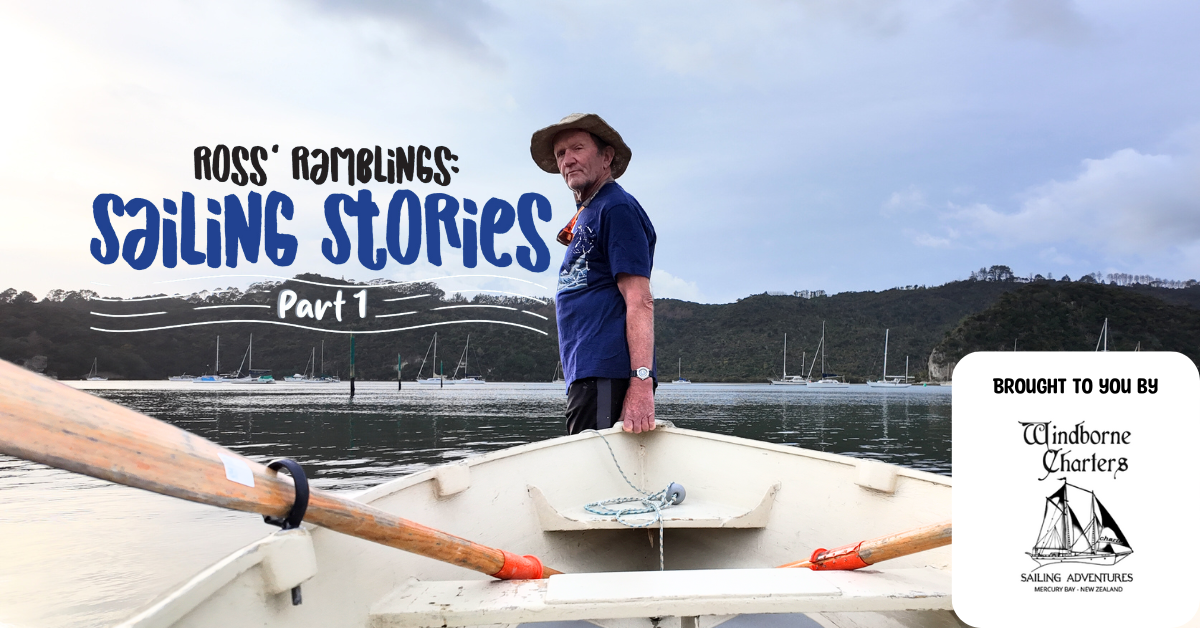
A first-person recount of descent into acute psychosis and the subsequent journey of recovery
Initially I noticed subtle changes in my thinking. At work and in my personal life, a distance grew between my colleagues and friends and me. A recent break-up, coupled with financial pressures, added to my unhappiness. However, what troubled me most was the sense that others didn’t understand or acknowledge my struggles. It left me feeling isolated and unseen.
As the feeling of isolation grew, so did my constant anxiousness. To cope, I increased my alcohol and substance use, which worsened my performance at work. Eventually, I realized I was truly struggling, so I confided in a family friend. They suggested seeking professional help, but I delayed until I had lost all insight. Over a span of weeks, the sense of being an outsider intensified, until a disturbing belief took hold: a deliberate plot was being orchestrated by those around me. Paranoia clouded my ability to focus. It extended beyond the workplace, infiltrating everyday encounters. Passing conversations and glances seemed laden with hidden meanings. The weight of constant scrutiny left me feeling watched, judged, and inadequate. Sleep became elusive as I descended into a cycle of suspicion and self-doubt.
I vividly remember the day I completely lost touch with reality. Alone, avoiding work and social situations, I began to notice changes in my perception. Shadows appeared ominously in my peripheral vision, and malicious whispers blew through my mind. I was engulfed in delusions of conspiracy, hallucinations and overwhelming fear.
Concerned family and friends visited, but my erratic behavior pushed them away. They all became part of the conspiracy. The stress was relentless and weighed on me until I could no longer bear it. I wanted it to end. It felt as if I were standing on the edge of a steep cliff, with only a fragile thread keeping me tethered to the world I once knew
Recognizing the severity of my mental state, my family made the difficult decision to seek help. A mental health nurse assessed my condition and determined immediate psychiatric intervention was necessary. For me, this intervention only reinforced the conspiracy. I escalated towards self-harm and harm to others. Under the Mental Health Act, I was transported against my will to a place of fluorescent lights and locked doors. My fragile mind struggled to comprehend the assessments, evaluations, and discussions around diagnoses, treatment plans, medications, and therapies. Eventually, a decision was made, and I found myself confined to the mental health ward.
As days turned into weeks, the care and treatment started to take effect. In moments of clarity I began to realise that perhaps the hospital was where I needed to be. Medications were adjusted, therapy sessions became lifelines, and the support of the hospital staff provided an anchor through the storm. Gradually, the grip of delusions loosened. Recovery was a challenging journey, requiring patience, perseverance, and unconditional help from the people around me. Step by step, I began rebuilding my shattered psyche.
Three weeks later I was discharged from hospital back to the community and began a therapeutic relationship with the nurse who initially admitted me. She, along with other mental health professionals, played a crucial role in facilitating my journey towards normality. Collaboratively, we devised a plan equipped with tools and strategies to navigate the inevitable challenges of life. Additionally, we incorporated early intervention strategies to address any potential warning signs, ensuring timely support. Through this collective effort, I gained a renewed sense of hope for the future, enabling me to embrace the possibilities ahead.
This doesn’t need to be your story. If you’re experiencing mental or emotional distress, there are experienced counsellors and mental health professionals in our community who are ready to help. Take that important step and reach out. Early intervention is crucial for maintaining mental health and well-being. Contact your GP to discuss your needs and eligibility for funded support.
In acute distress, contact Waikato Crisis Line 24/7 at 0800 50 50 50. For urgent medical attention, call Emergency Services at 111 or contact the Police if there are imminent risk concerns to yourself or others.
To speak to a Registered Counsellor anytime, call or text the National Helpline at 1737.
Wishing you wellness.
Words by Pacifico






